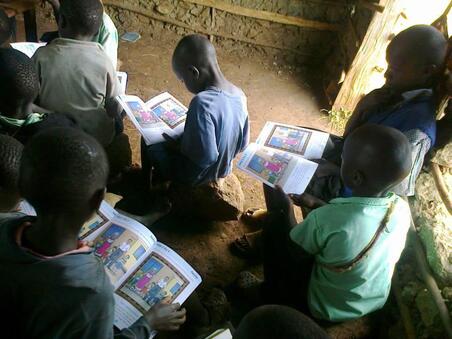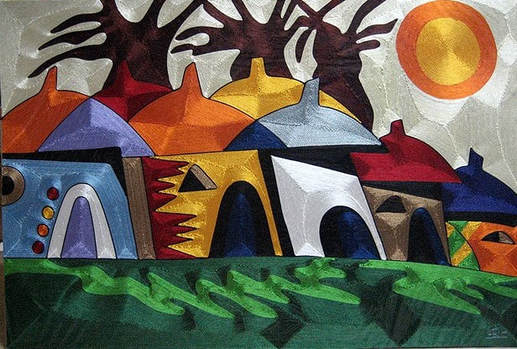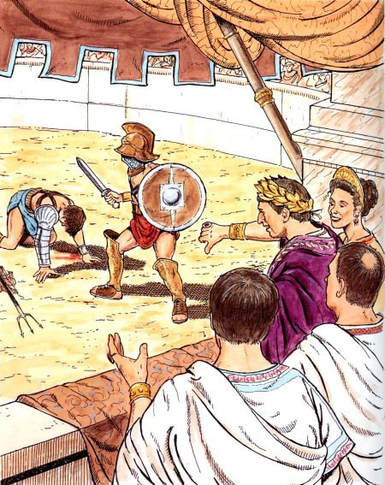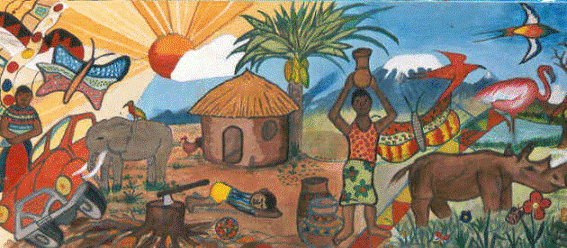 A primary school in Bungoma. Courtesy: Evelyne Jepkemei (on facebook)
A primary school in Bungoma. Courtesy: Evelyne Jepkemei (on facebook) One, is the goof by freshly appointed Education CS George Magoha, speaking with threatening language to teachers opposing the new system, even with promises to crush the system's opponents. Wilfred Sossion, the secretary-general of the teachers' union KNUT, responded in a hard-hitting statement that included arguments about the colonialism and inequality entrenched by the competency based curriculum. Much as Kenyans seem to equate superman tactics of Matiang'i's stint in education with efficiency, even politicians seemed to agree that Magoha's language had gone too far.






 RSS Feed
RSS Feed
